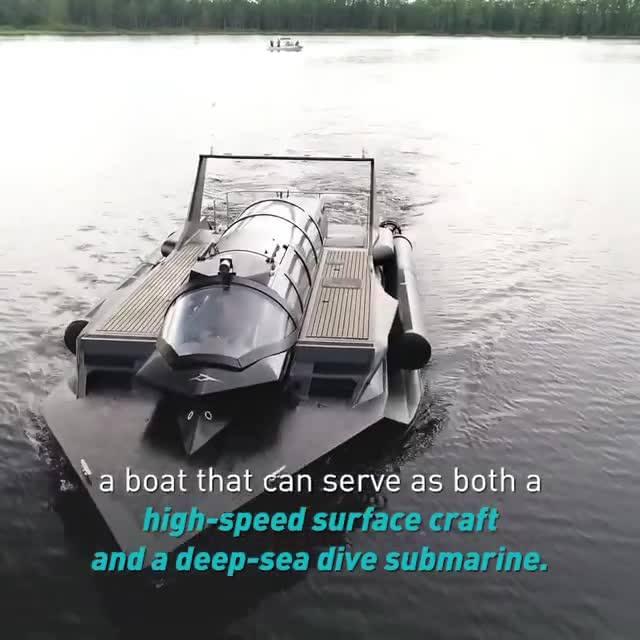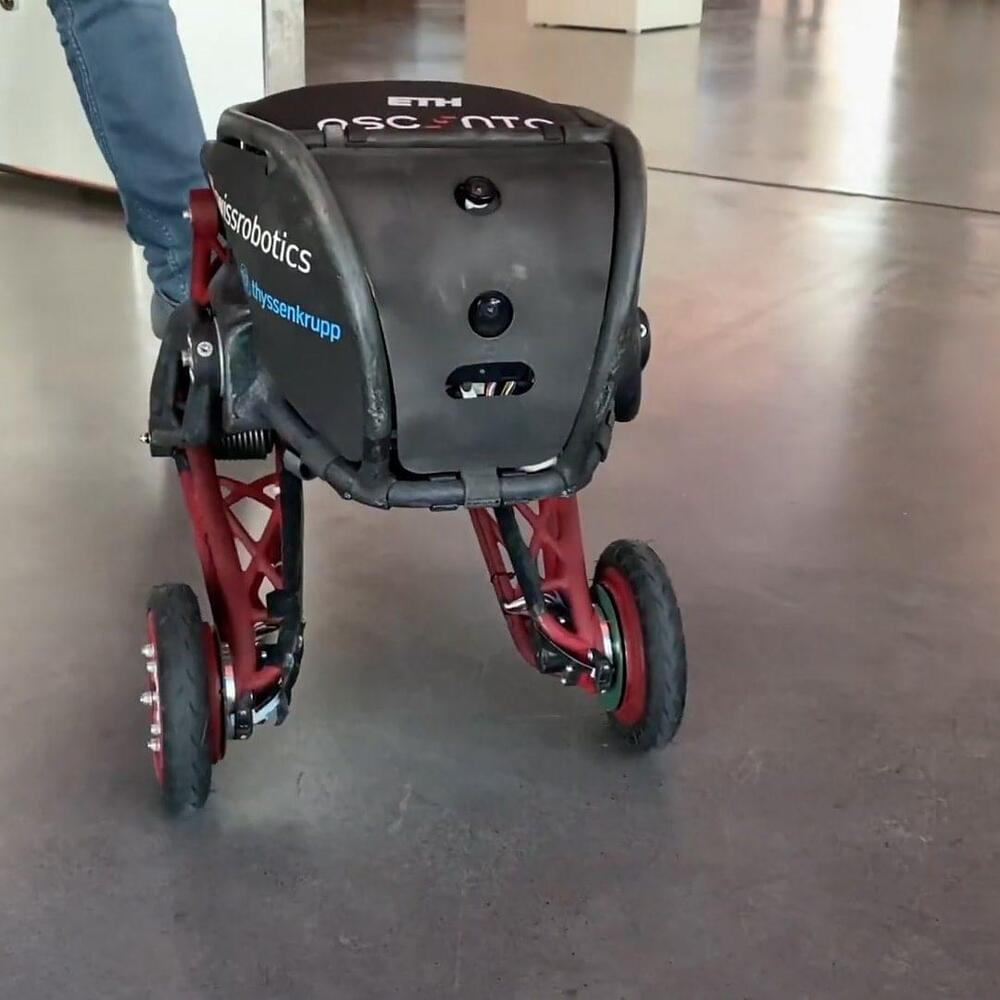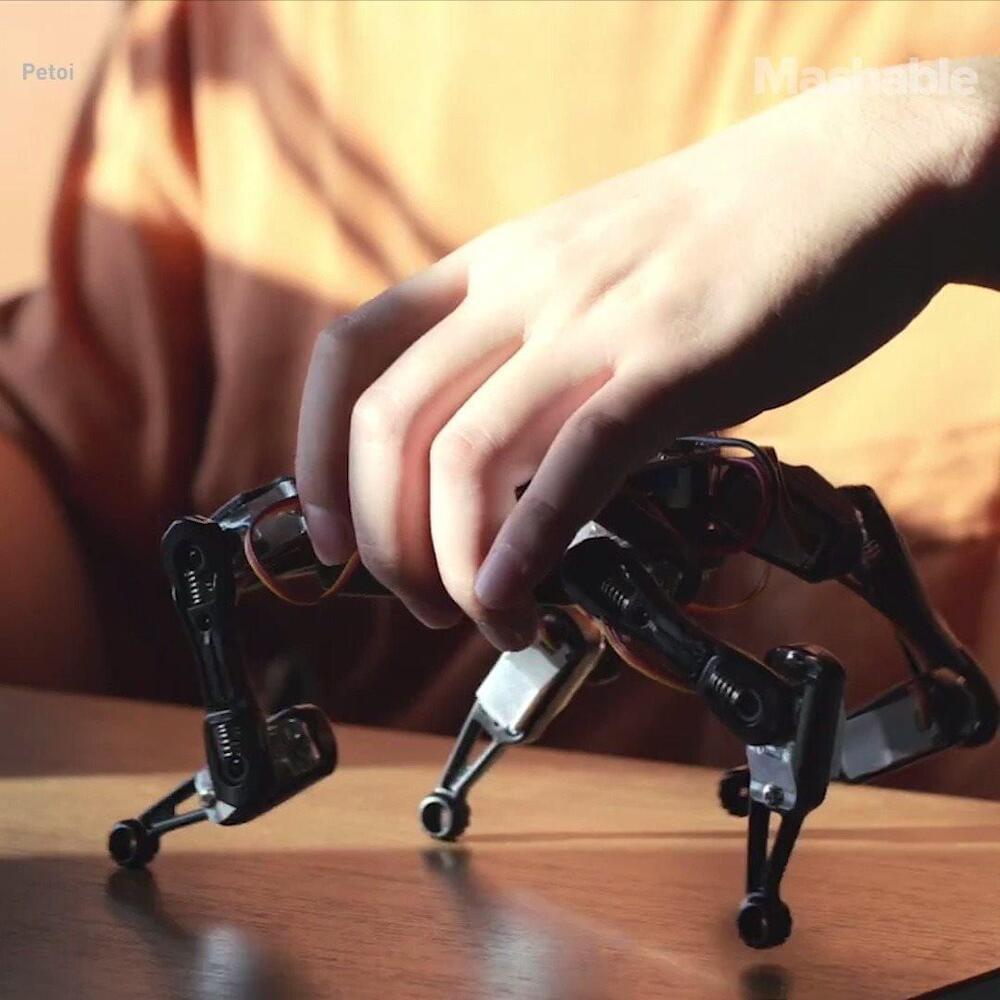
Get the latest international news and world events from around the world.



The tidal power plant is making waves
We have so many types of green energy available to us, so why the hell do we still rely on fossil fuels when tidal plants like this do the same job without any emissions? Swansea Bay Lagoon has a breakwater approximate lifecycle of at least 120 years, meaning it will last twice as long as a nuclear facility and 5X longer than offshore wind turbines. It’s a no-brainer 🧠 This is how you fight climate change!
📹 Preconstruct via Vimeo / TidalLagoonSwanseaBay / ℹ️ Good News Network.






